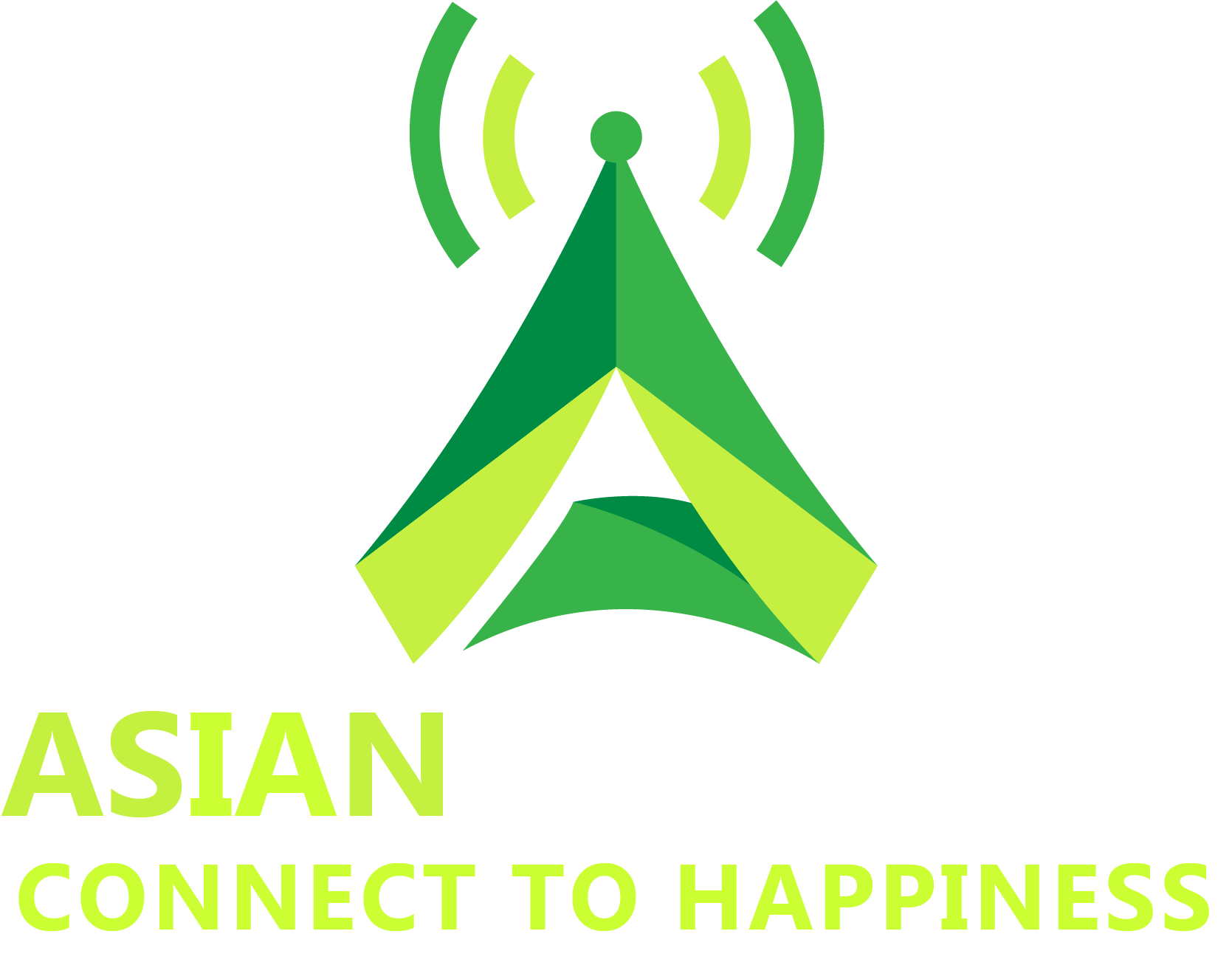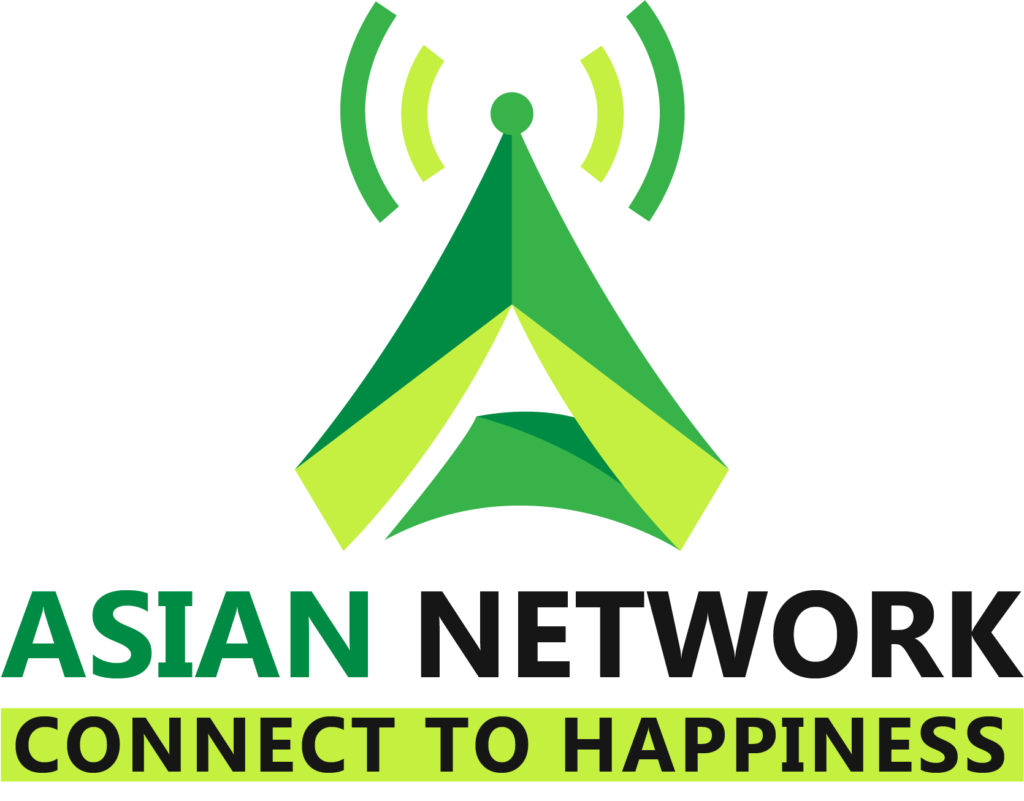My personal experience is negative when I use mobile & broadband internet in rural areas in Bangladesh. Especially out of the city area.
Most ISP internet providers do not provide good services because there no more competitors are there.
But users are not happy. The same goes for mobile operator internet. The major problem is mobile internet is their coverage is city-oriented.
In rural village areas, they can’t provide 4G or even 3G properly because of the lack of network towers. Also, their internet package is expensive for most people in the village.
You’re not alone if you’ve ever wondered why Bangladesh’s internet costs are significantly higher than in many other countries.
The issue is complex and involves several interrelated factors. Below is an in-depth look at the core reasons behind Bangladesh’s high internet prices.
Let’s see the monopoly business. The average 1GB mobile internet price is 30 taka for Grameenphone, Robi, and Banglalink except for Teletalk. But Teletalk doesn’t have massive coverage although it’s a government operator.
Spectrum Costs and High Taxes

One of the most significant contributors to the high cost of internet in Bangladesh is the elevated prices for spectrum auctions and taxation on mobile operators. For instance, the auction prices for the 1800 MHz and 2100 MHz spectrum bands in 2018 were among the highest globally.
This has had a ripple effect, making it more expensive for mobile operators to offer affordable packages to consumers(The Daily Star)(Industry Insider)
Additionally, Bangladesh’s mobile operators and internet service providers (ISPs) face a heavy tax burden, which is passed down to the consumers. High VAT and other regulatory fees on telecommunication services inflate the prices even further(Industry Insider).
Low Internet Value Index
According to Surfshark’s “Global Internet Value Index” (IVI), Bangladesh ranks 83rd globally, meaning that Bangladeshis are overpaying for the internet relative to the quality they receive.
The IVI is calculated by dividing internet speed by affordability, and Bangladesh scores 0.0105, which is significantly below the global average.
In comparison, Israel, which tops the index, has a score of 0.663, meaning Bangladeshis are paying more than 60 times for the same quality(The Business Post)(The Daily Star).
Best Home Internet Package in Bangladesh
Slow Speeds and Poor Infrastructure

The internet speed in Bangladesh is considerably lower than in many countries, which contributes to the high cost relative to the service provided.
According to Ookla’s Speedtest Global Index, Bangladesh consistently ranks poorly in terms of both mobile and broadband internet speeds. Even though mobile operators are continually upgrading infrastructure, it is still not enough to match global standards(Industry Insider).
Additionally, the internet penetration rate in Bangladesh is still low, with only around 39% of the population having regular internet access.
This lack of widespread infrastructure in rural areas drives up operational costs, which providers must pass on to consumers(Industry Insider).
Monopoly and Lack of Competition

The internet bandwidth market in Bangladesh is controlled by a few major intermediaries, which leads to limited competition.
This lack of healthy competition keeps prices higher than they would be in a more competitive market.
Moreover, smaller ISPs are often forced to buy bandwidth at inflated prices from these intermediaries, which further drives up consumer costs(Industry Insider).
Income Disparity

Bangladesh ranks 139th globally in terms of GDP per capita, meaning that while internet prices might seem affordable in a global context, they take up a larger portion of household income in Bangladesh.
For the average citizen, internet access becomes a luxury rather than a necessity, especially in rural areas where income levels are lower. The income inequality, with the top 1% holding a large share of national income, exacerbates this divide(Industry Insider).
Government Policies

ome experts argue that faulty government policies have allowed certain intermediary companies to monopolize the internet bandwidth market.
These policies, coupled with high regulatory costs, make it challenging for new players to enter the market and offer more affordable solutions.
On the consumer side, policy makers have yet to introduce regulations that could incentivize mobile network operators to expand infrastructure more aggressively(The Daily Star).
What Can Be Done?
To reduce internet prices, several reforms are necessary:
- Policy Changes: Reducing the high spectrum costs and taxes for ISPs and mobile operators could significantly lower consumer costs.
- Infrastructure Sharing: Encouraging the sharing of network infrastructure could cut operational costs, benefiting both operators and consumers(Industry Insider).
- Competition: Breaking up monopolies in the internet bandwidth market and encouraging more competition would also drive down prices.
Recently, our government has changed. So we hope the policymakers will take the initiative to make reasonable prices available internet for all people in our country.








